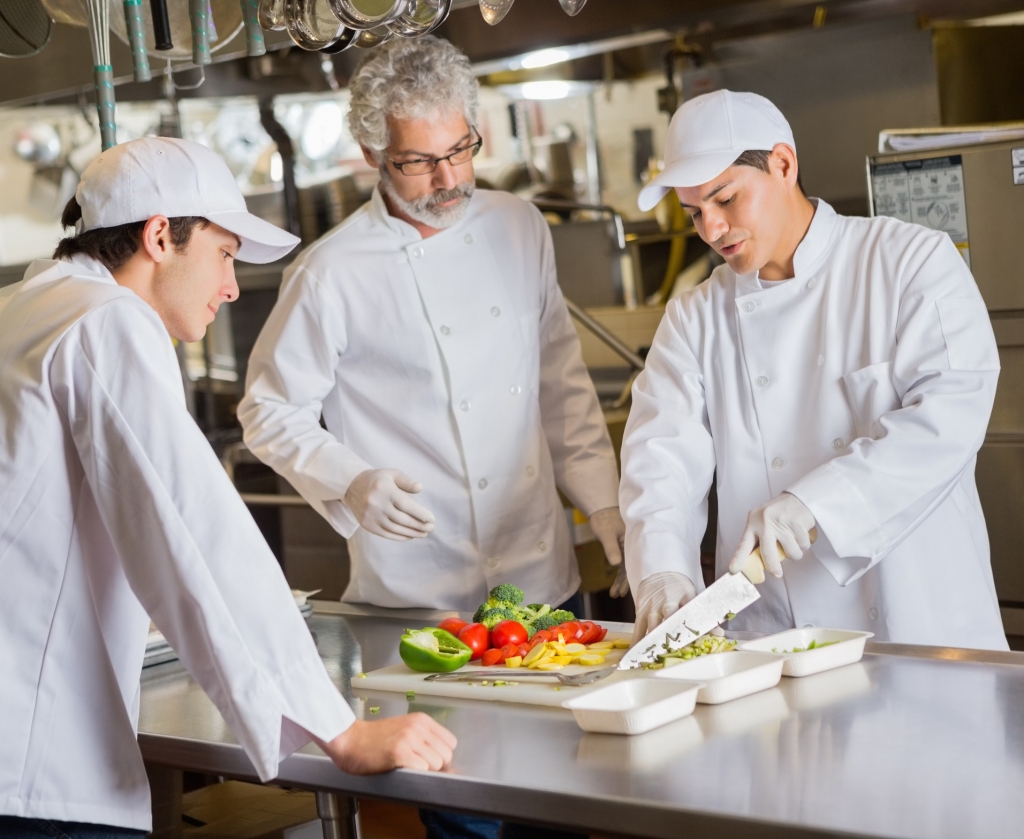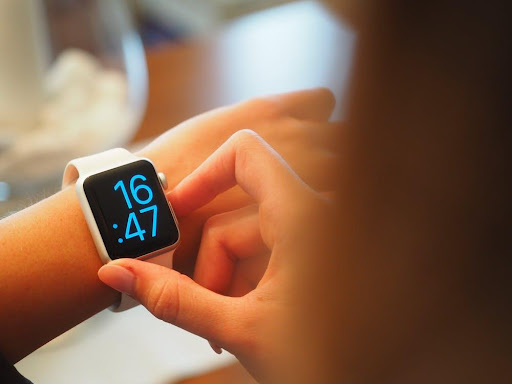8 Risky Things Every Food Handler Shouldn’t Do
If you are a food handler with food handler certification, you understand the responsibility of preparing and serving meals to others. Ensuring the safety and satisfaction of customers must be your top priority; this means that you must be aware of all potential risks in the kitchen.
From improper tasting techniques to touching ready-to-eat foods with bare hands, these actions can compromise food safety and lead to disastrous consequences. By educating ourselves on these risky habits and implementing proper procedures in our daily routines, we can establish a strong foundation for a safe culinary workspace.
In this article, you will learn eight risky behaviors every food handler should avoid at all costs. By being mindful of the practices, you can always maintain a clean and healthy environment for the customers to enjoy their meals.
Practices that You Should Never Do if You are a Food Handler
Professionals with food handler certification should know these:
Do Not Cough or Sneeze Into Food or Your Hands
You’d never want to cough or sneeze into your food or hands, would you? If you have a food handler certification, it’s vital to practice proper hygiene and avoid doing so for many reasons.
Tiny droplets containing these germs are released into the air and onto surfaces around you when you cough or sneeze. If they land on food or come in contact with your hands before touching other items, there’s also a risk of contaminating those items.
Never Touch Ready-to-Eat Food with Bare Hands
You should avoid touching foods that are ready to eat with your bare hands, as this can easily lead to cross-contamination and risk the safety of food. Our hands constantly contact various surfaces and objects throughout the day, making them a breeding ground for bacteria and other harmful pathogens.
When we touch ready-to-eat food without wearing gloves or using utensils, we risk transferring these contaminants onto the food, which unsuspecting consumers can ingest.
Do Not Smoke Near Foods
Don’t even think about lighting up a cigarette or vaping near food, as this can introduce harmful chemicals and contaminants that compromise the safety and quality of the dishes being served.
Smoking around food affects its taste and smell and puts customers at risk of consuming hazardous substances. These toxic compounds can settle on food surfaces or be ingested directly with contaminated hands.
Individuals with food handler certification always maintain a designated smoking area far from any food preparation or storage zones to minimize the risk of contamination.
Never Taste Food Improperly
Tasting food improperly might seem harmless, but it can lead to cross-contamination and risk your customers’ health. Once you have obtained a food handler certification, never use the same utensil for tasting and stirring, as this can transfer bacteria from my mouth to the dish.
To ensure proper hygiene when tasting food during preparation, there are some best practices to follow.
First, always wash your hands thoroughly before handling any ingredients or dishes. Second, if you need to taste something during the cooking process, use a clean spoon each time – dipping it once and then discarding it or washing it before getting another taste.
Do Not Scratch Your Face, Body, or Clothing
Scratching your face, body, or clothing while preparing meals can create a vivid picture of germs that spread throughout the kitchen, as it could contaminate dishes and put customers at risk.
Our hands are the ones that are exposed to viruses and bacteria from different sources such as doorknobs, money, cell phones, and all other surfaces. When you scratch your face or any part of your body during food preparation, these microorganisms can easily transfer onto your hands and subsequently onto the food being prepared.
Do Not Wipe Your Sweat Using your Hands or Apron
You should avoid wiping sweat with your hands or apron while preparing meals, as this can introduce harmful bacteria and viruses into the food. Sweat contains microorganisms that can cause illnesses if they contaminate the food we’re handling.
Wiping sweat from our faces or necks using hands or aprons moves these microorganisms onto our cooking utensils, surfaces, and the food served.
One simple solution is to keep a clean towel nearby specifically for wiping away sweat – just be sure not to use it for anything else.
Do Not Put Fingers in Your Mouth
You’d be surprised how often fingers end up in our mouths while cooking. Still, this seemingly innocent habit can seriously compromise food safety! Whether absentmindedly licking your fingers after touching food or tasting a dish to check the seasoning, putting your fingers in your mouth can introduce harmful bacteria and viruses into your food.
Conclusion
It is very important for food handlers to always prioritize safety and hygiene when handling food. Avoiding risky behaviors like coughing near food, touching ready-to-eat foods with bare hands, and inappropriate tasting can make a huge difference in maintaining a clean environment.
By being mindful of your actions and following proper guidelines, we protect ourselves and ensure our customers’ well-being. It’s our duty to provide safe and delicious meals for everyone to enjoy.








